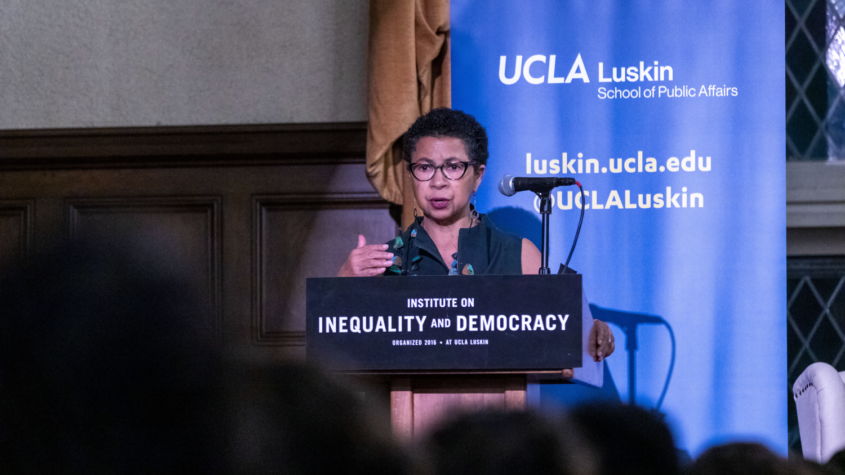
Resisting the ‘New McCarthyism’ on College Campuses and Beyond In a UCLA lecture, historian Barbara Ransby warns of a 'war over ideas, over facts, over how we see and understand the world'
By Mary Braswell
As a leading scholar of the social and political struggles that have shaped the American experience, Barbara Ransby could easily identify the troubling signs around her.
A climate of fear, intimidation and guilt by association is on the rise today, hallmarks of what she called a new McCarthyism — not just in the halls of power but on college campuses that have historically prided themselves on freedom of expression.
“There is a war right on our campuses, a war over ideas, over facts, over how we see and understand the world, over what we can publish and what we can teach, over how we can protest and whether we can protest,” Ransby told a UCLA audience on Feb. 8.
“Our campuses are central battlegrounds and, overall, on the spectrum of liberalism to authoritarianism, we unfortunately see a steady and frightening move toward authoritarianism.”
But Ransby also pointed to important work being done on campuses around the country, “sites of resistance that inspire me and make me optimistic and hopeful in this moment.”
Ransby, an award-winning historian, author and activist, has a long record of building bridges between scholars and grassroots organizers in their common fight for equal rights and opportunities.
She is a founding member of Scholars for Social Justice, was named to the inaugural class of Freedom Scholars by the Marguerite Casey Foundation, and directs the Social Justice Initiative at the University of Illinois, Chicago, where she is a distinguished professor of African American studies, gender and women’s studies, and history.
Ransby spoke to a capacity crowd in the Grand Salon at UCLA’s Kerckhoff Hall as part of the Luskin Lecture Series and the 2nd Annual Distinguished Lecture in Ideas and Organizing presented by the UCLA Luskin Institute on Inequality and Democracy (II&D).
The event was preceded by a reception and exhibit of photos from Aetna Street in Van Nuys, an encampment where people sheltered in tents and vehicles until the site was cleared by Los Angeles city officials last August. Aetna Street residents, local activists and UCLA scholars are part of a research collective formed to study the struggle for justice for the unhoused, and the photos on display offered glimpses of the community’s experiments in living and public grieving.
During the lecture and panel discussion, several UCLA scholars whose work centers on social justice shared the stage with Ransby: UCLA Luskin professors Anastasia Loukaitou-Sideris, interim dean of the Luskin School, and Ananya Roy, director of II&D; Robin D.G. Kelley, distinguished professor of history; Sherene H. Razack, distinguished professor of gender studies; and David C. Turner III, assistant professor of Black life and racial justice at UCLA Luskin Social Welfare.
The dialogue touched on causes for alarm on many fronts: This November’s high-stakes U.S. presidential election. Repressive police tactics. The Israel-Gaza war, with its terrible humanitarian toll and fallout for free speech on college campuses.
Ransby issued a call to action, again turning to the lessons of history. During the anti-war and Black freedom movements of the 1960s, she said, campuses were “epicenters of struggle and resistance. Out of this struggle, real victories were won, even though fraught and fragile.”
Today’s scholar-activists, faculty and students alike, all have a stake in the struggle and must resist efforts to silence dissent, she said. For inspiration, she pointed to several thriving university programs that are on the front lines of the fight for racial and gender equity, police reform, climate justice and housing for all.
“These programs, courses and content areas matter, not just because students have a greater breadth of knowledge, which is true and good,” Ransby said. “But these ideas and theories are also tools for liberation and freedom making. …
“As problematic and complicated and contradictory as they are, as much harm as they do, colleges and universities are places where we build trenches, where we carve out oases, where we create spaces to think, collaborate, inspire, and ask critical and courageous questions about freedom and justice.”
Watch the lecture and panel discussion on Vimeo.
View photos of Barbara Ransby’s visit and the Aetna Street photo exhibit on Flickr.
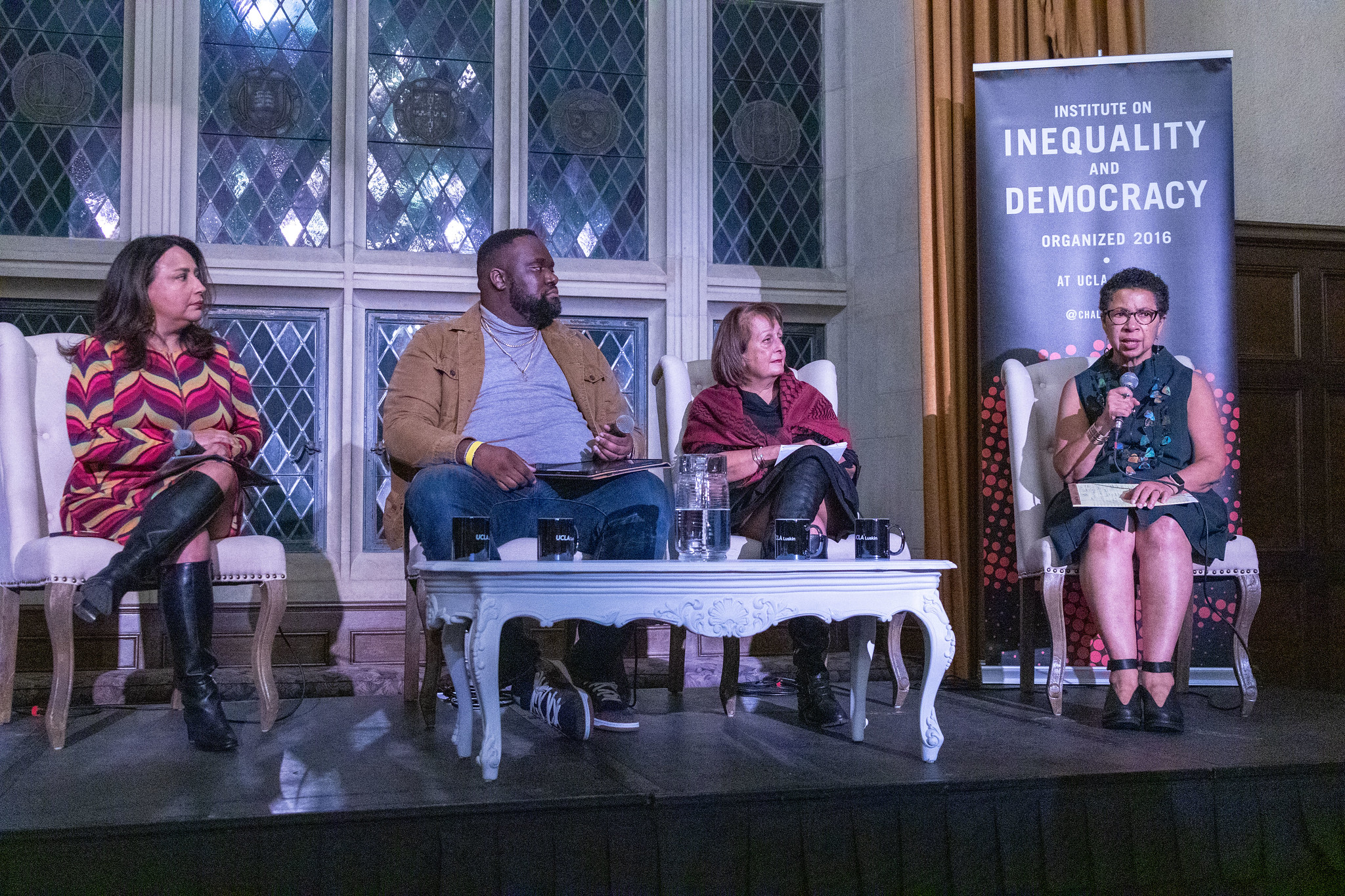
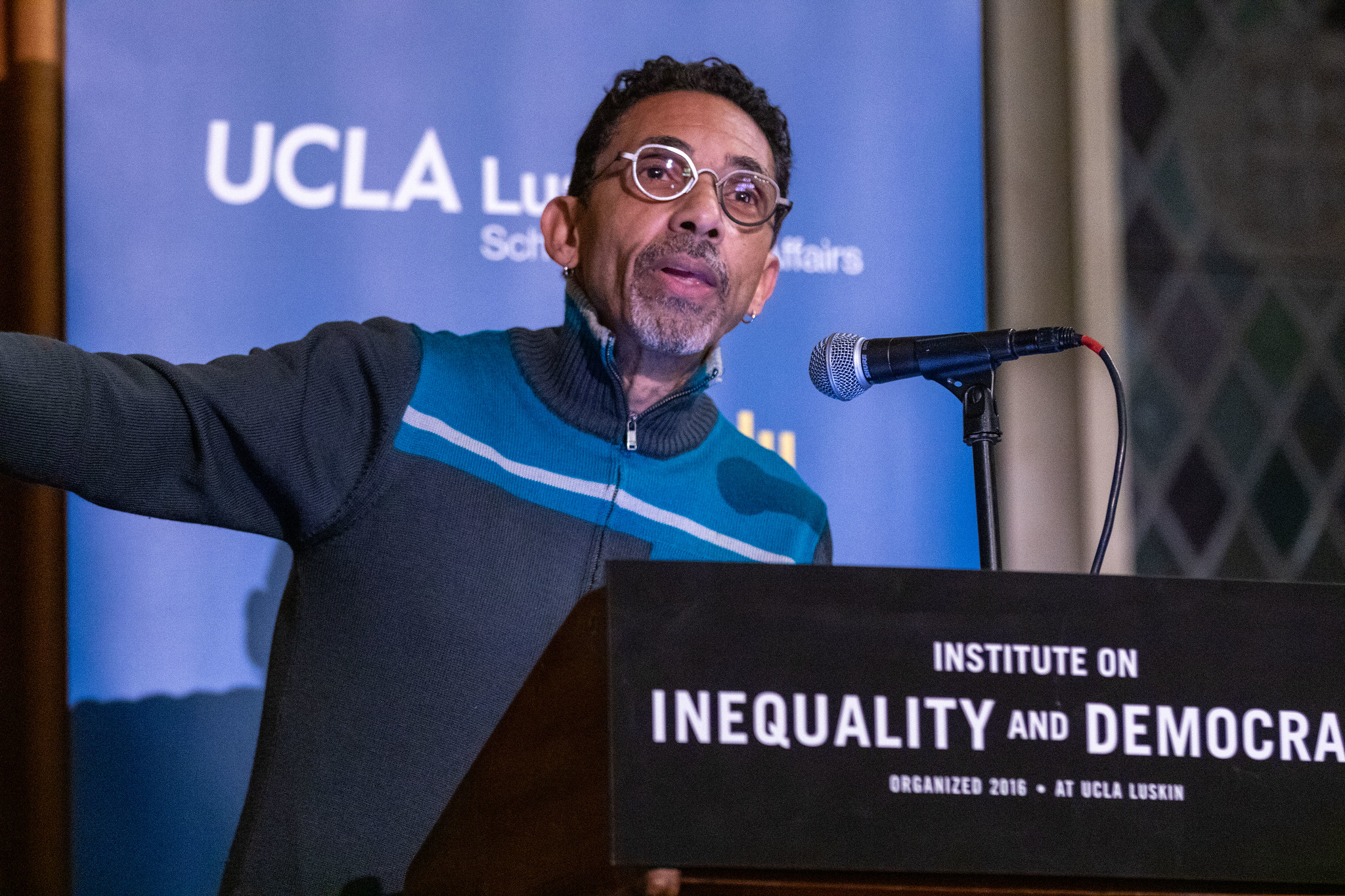
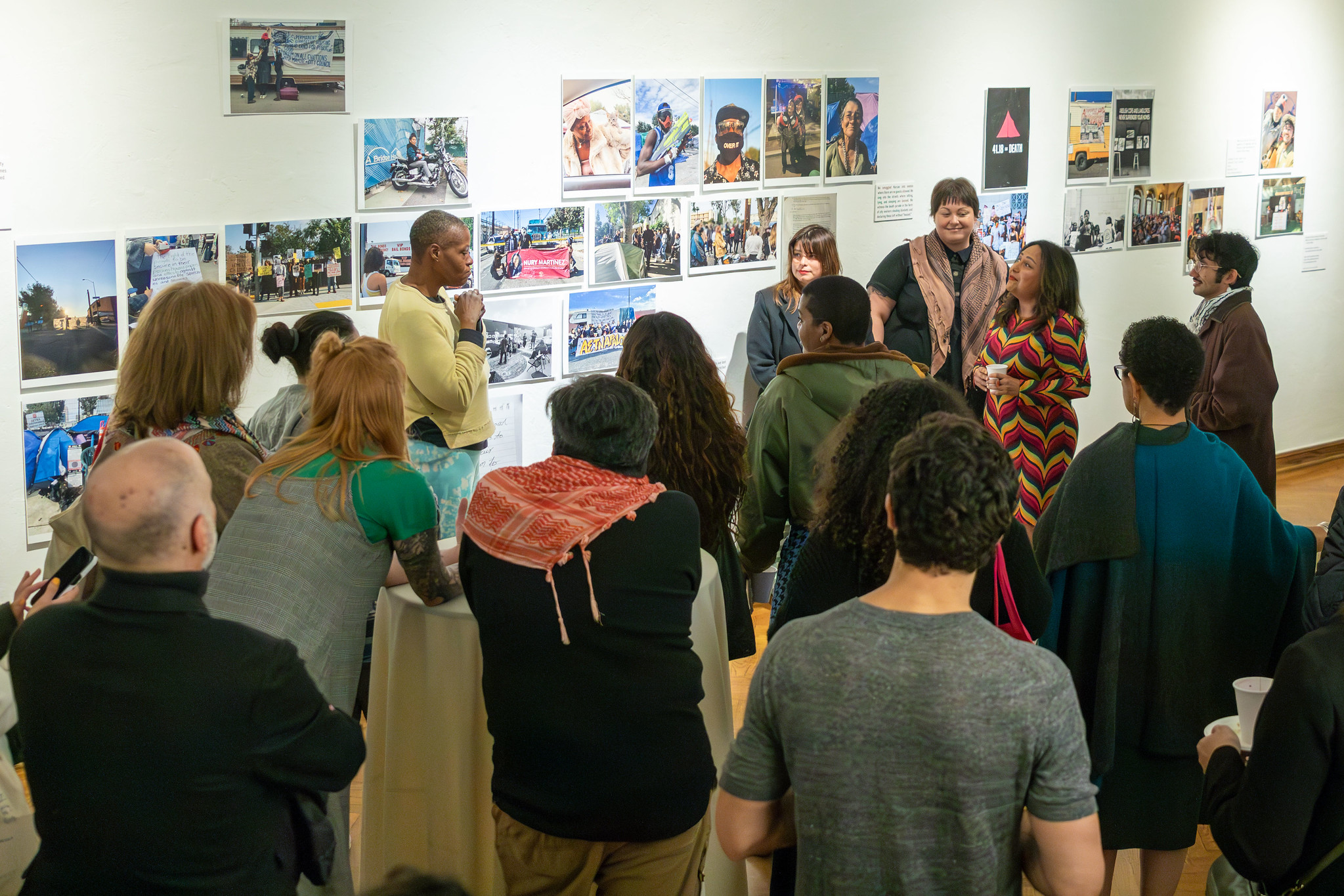

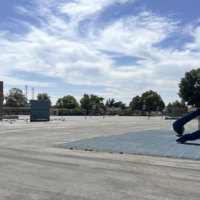
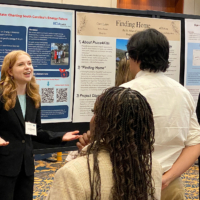
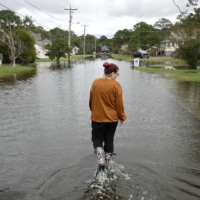
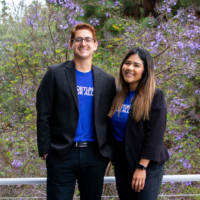
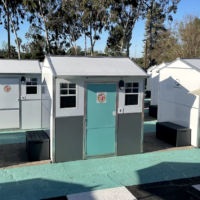
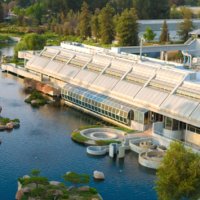



Leave a Reply
Want to join the discussion?Feel free to contribute!